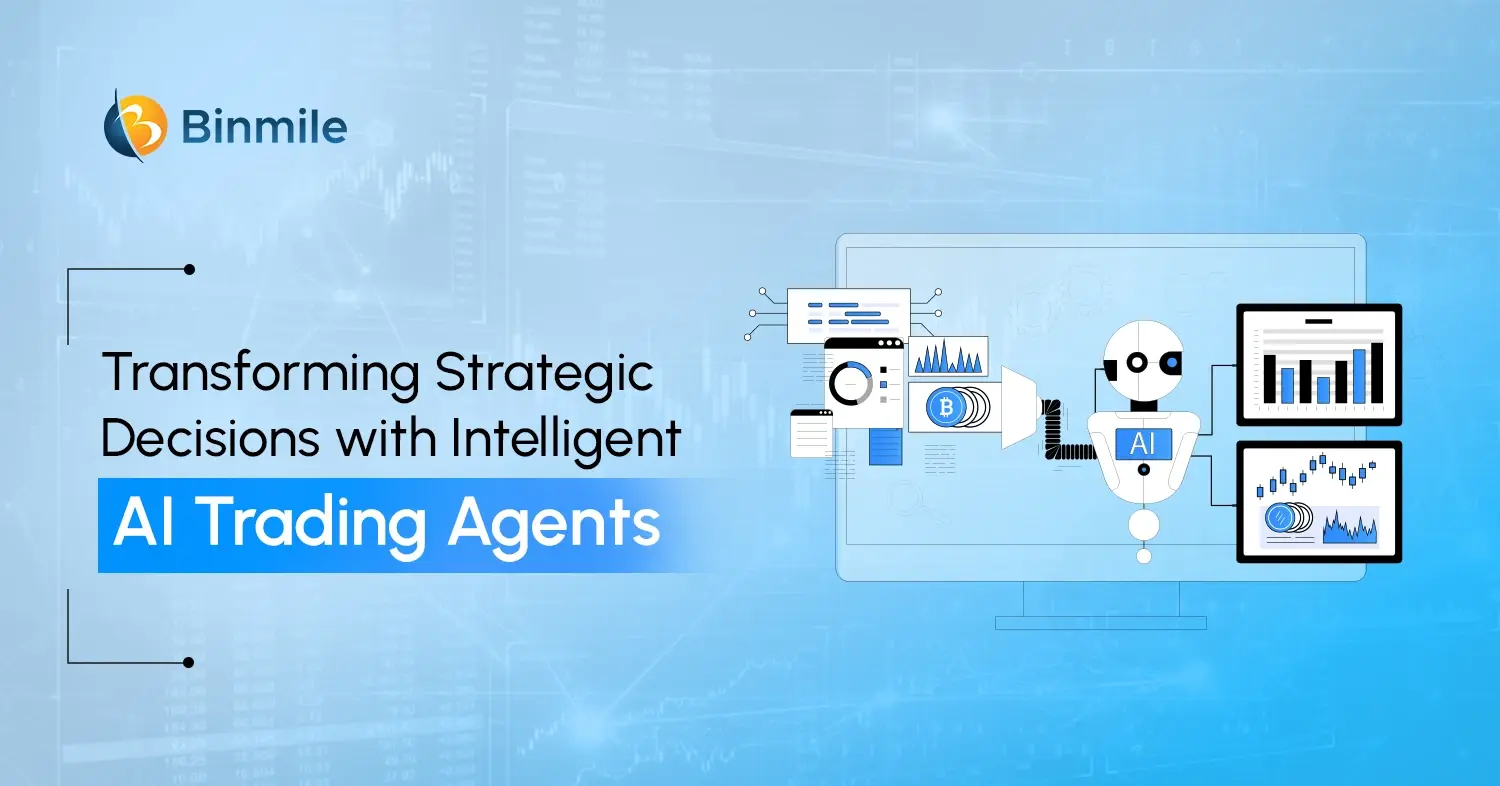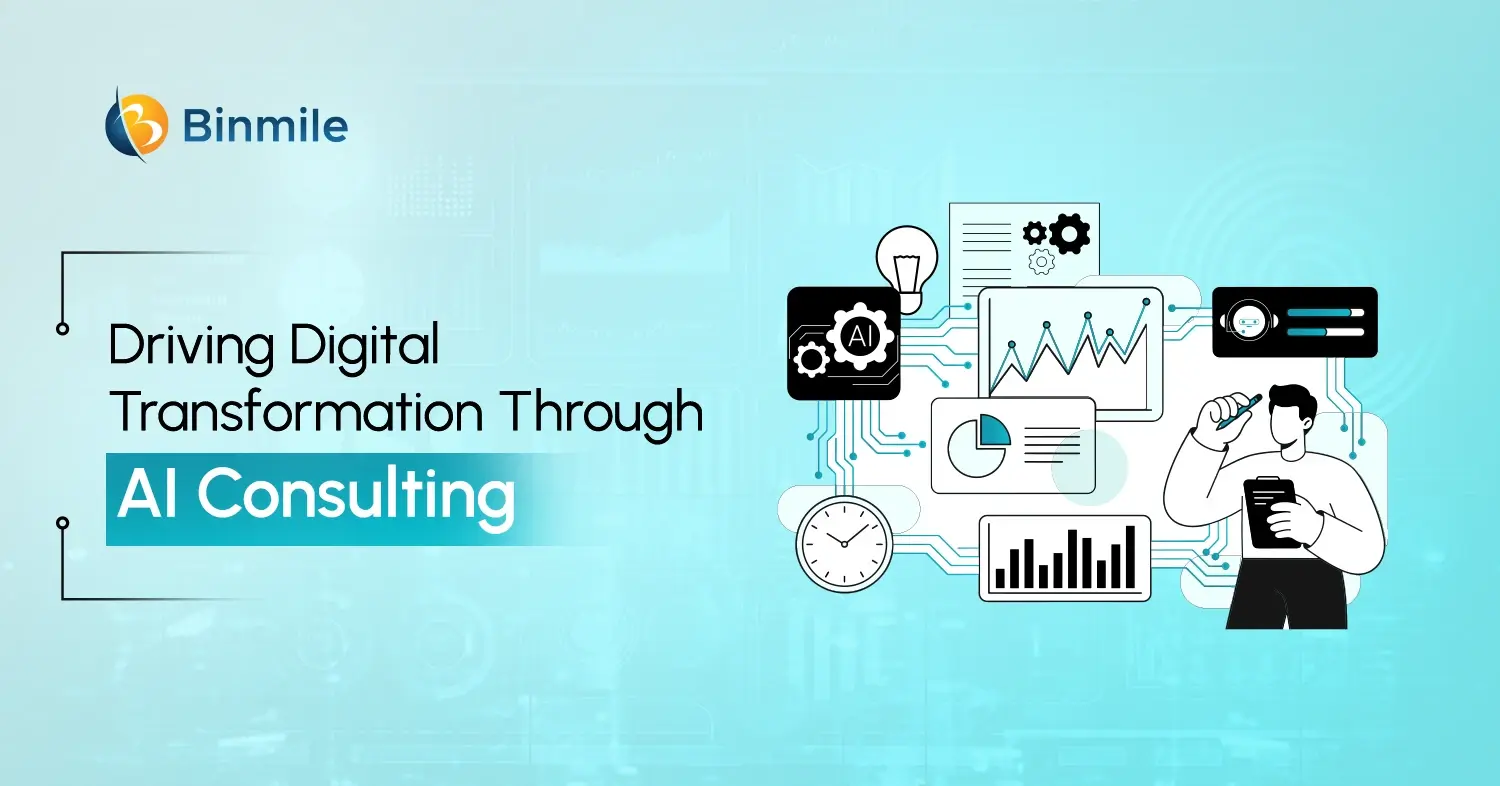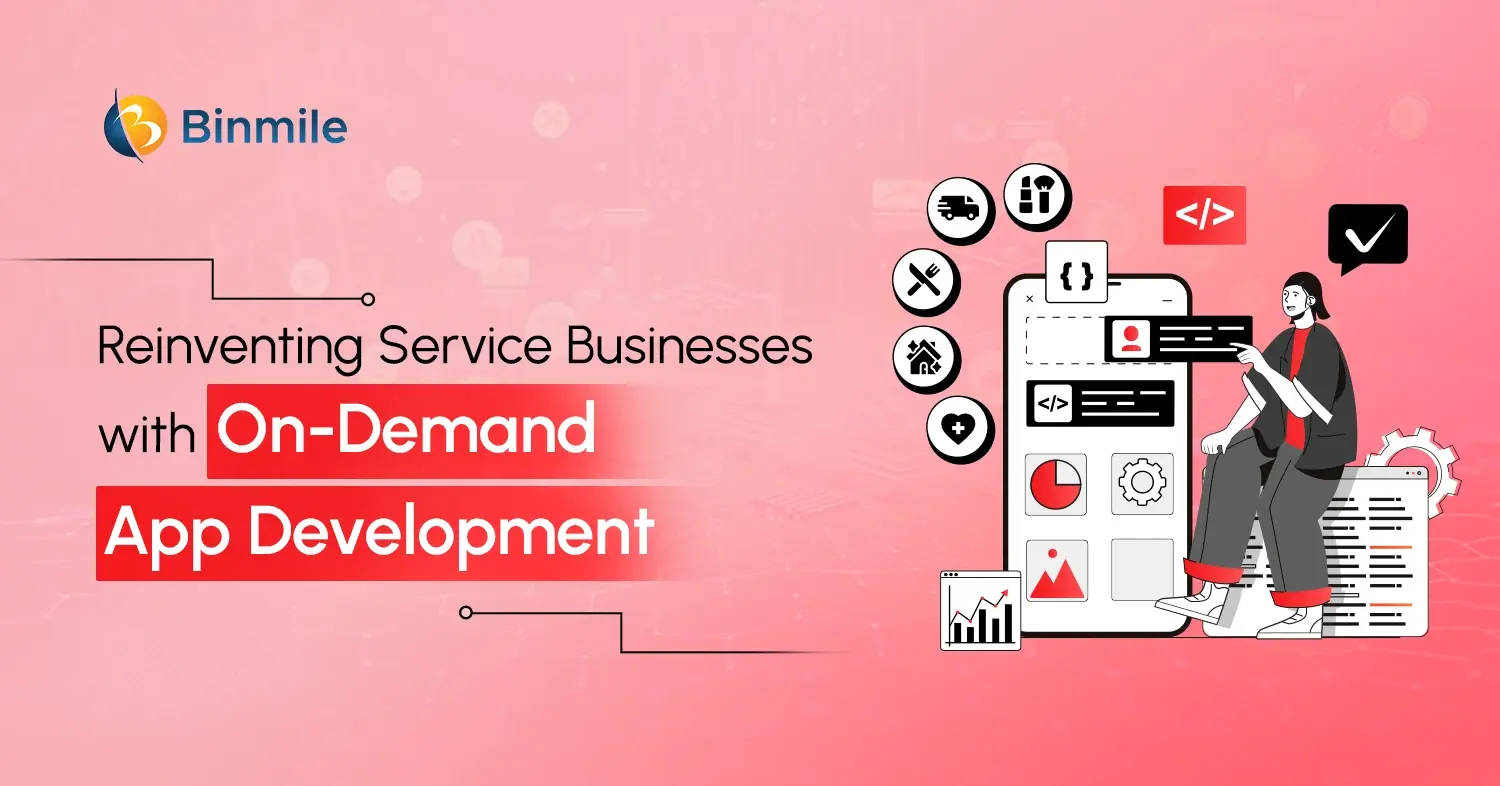- AI in Insurance Complaint Management
- AI in Insurtech
- benefits of AI insurance complaint management software
- challenges of ai insurance complaint management software
- complaint management AI software
- GenAi for Insurance Complaint Management
- GenAI in Insurance Complaint Management
- handling customer complaints in Insurance
- Insurance complaint management
- insurance complaint management system
Customer service has evolved significantly with the advent of technologies such as Chatbots, artificial intelligence, and machine learning, among others. While earlier AI technologies were able to recognize patterns and make predictions, generative AI can create new content from text, and audio to video. Therefore, opening up a cascade of exciting new possibilities for creativity, productivity, and business performance. These text-based generative AI applications are built upon large language models (LLMs) for effective complaint management.
These apps learn and analyze from a vast dataset of interactions, combining real and synthetic data to provide responses that are not only accurate but also empathetic, thus boosting customer satisfaction. Earlier all these activities were time and effort-consuming not only burdening the customer support team, but perpetually backlogging them, and also frustrating customers. However, the paradigm shift in the way insurance companies are handling customer complaints, not only offered technical support enhancements to improve efficiency, but it also reduced the need for live agents to handle mundane tasks. One might wonder how it is done.
What is the role of GenAI in the insurance industry and how insurers can leverage this transformative technology to effectively manage customer complaints? This blog will delve into these aspects, in addition, we’ll also highlight some ethical challenges that insurers might face with GenAI in customer service and how to mitigate those and fully utilize its potential.
5 Ways GenAI is Revolutionizing Insurance Complaint Management System

Customer service is a crucial aspect for insurance companies that they can’t take lightly. The integration of GenAI and other AI-powered solutions is an essential key for faster and more accurate resolution, thus enhancing efficiency and elevating customer satisfaction. Let’s understand how GenAI-driven approaches can position insurers to adapt to the evolving needs of the industry and deliver a more streamlined and customer-centric experience.
1. Personalized Customer Interactions
It’s one of the primary advantages that can help insurers customize interactions with customers on a large scale and improve customer experience with AI. AI models and algorithms are capable of analyzing customer data to understand preferences, behaviors, and needs. Subsequently, this helps AI-enabled support teams to tailor communication, recommend relevant insurance products, and resolve queries based on the user’s journey to create a more personalized experience for each policyholder.
2. Intelligent Chatbots for Instant Support
By using AI-enabled chatbots, insurers can offer timely, precise answers to customer queries or questions in a matter of seconds. Chatbots help in handling simple queries, and policy issues, as well as direct potential claimants through the claims procedure. Besides improving customer service, it also frees the human agents for core activities and reduces backlog.
3. Automated Claims Processing
With sophisticated algorithms, insurers can analyze documents, quantify losses, and verify data on claims, not only accelerating the whole process but also cutting down on time and effort. GenAI technology thus accelerates the processing of claims with in-depth and accurate analyses and assessments, enhancing efficiency, moreover, increasing customer satisfaction through quicker solutions.
4. Data-Driven Underwriting and Risk Assessment
Insurers can also use predictive analytics to evaluate potential policyholders and thus make the most appropriate decisions. The use of GenAI to generate, for instance, improved underwriting processes and advanced risk assessments of vast amounts of data analysis, improves risk assessment precision, and appropriate pricing strategy, hence efficient and beneficial underwriting.
5. Fraud Detection and Prevention
Detection and prevention of insurance fraud becomes easier with GenAI implementation. With analyses and assessments of patterns and anomalies in data, AI algorithms and ML for fraud detection in finance can identify potentially fraudulent claims or activities. Doing so not only protects the insurer from financial losses but also contributes to maintaining the integrity of the insurance system, instilling confidence among policyholders.
Also Read: Benefits of Digital Transformation for Insurers
Navigating the Intersection of Insurance Complaint Management System and GenAI: Key Considerations
GenAI brings a lot of benefits such as faster resolution, and efficient insurance processes, but there are some serious challenges insurance companies need to tackle before fully utilizing its potential. Machines are inept at understanding human emotions or reactions. However, it doesn’t mean an AI-enabled customer support team is unable to do such tasks, it’s just the personalized aspects of insurance services, such as empathy and trust-building, are paramount.
Human agents play a vital role in handling intricate cases, ensuring a nuanced approach to customer interactions that goes beyond the capabilities of AI. Thus, insurers must maintain a balance between automation and the human touch.
Exploring the Potential of GenAI in InsurTech
- Enhanced Customer Experience: With instant response, timely resolving questions, and leading customers through different tasks, chatbots assist in raising customer satisfaction, when GenAI is implemented into insurance processes, insurers become more flexible with consumers.
- Efficient Claims Processing: GenAI supports the automation of the claims process and thus faster assessments and resolutions. The reduction of waiting time for customers as well as the optimization of the insurer’s internal process will lead to cost savings and also lower the time it needs to process these requests.
- Data-Driven Decision Making: This approach of insurers employing GenAI empowers them to derive informed decisions based on a huge volume of data. With predictive analytics, underwriting processes become more efficient which results in better prediction of risks, optimal price setting as well as improved overall performance.
Read More: Insurance App Development Automation
Addressing Challenges with GenAI Integration in Insurance
- Data Privacy and Security Concerns: Both these two concerns are primary factors insurers and customers are wary of utilizing AI application services or solutions. Insurance companies need to implement robust security features and web app authentication practices for secured customer interaction. In addition, they must follow regulatory guidelines to keep customers’ privacy and safety concerning how their information or data is being used, shared, or stored.
- Integration and Training Costs: It’s quite a high investment that insurers need to incur while integrating GenAI or other AI-powered solutions, infrastructure development, and training staff. It’s a bigger hassle for companies with less technological advancement or when they try to allocate resources and manage their expenditure.
- Balancing Automation with Human Touch: Keeping a proper balance between automation and keeping a personal touch with customers is not an easy task. Although AI simplifies some aspects of the insurance process, it’s not enough for some tasks like complicated claims or friendly communication. With a proper mixture, insurers can fully realize GenAI’s potential successfully.
Read More: Telematics in Insurance Industry
Closing Thoughts
The transformative power of GenAI-powered solutions in insurance complaint management system is poised to bring significant changes. They empower insurers not only to improve their operational efficiencies but also to cater to the ever-evolving needs of their customers who demand quicker resolutions. With the advent of more LLMs, we can expect insurers to be welcomed with a wealth of options before creating their custom insurance software development services. To optimize this intuitive AI solution, insurance companies must adopt an incremental approach to implement GenAI as an extension to the existing AI/ML use cases. It’s a fact that customers prefer faster and more timely resolutions or services, but they also expect you to do it with proper empathy and consideration.
Therefore insurers need to keep a balance between human touch and machine customer support.
If they don’t identify appropriate use cases and weigh the risks, benefits, and payoffs then leveraging this revolutionary technology will be an uphill task for insurers. Hopefully, this blog has given you an understanding of how integrating GenAI in handling customer complaints fits into the current InsurTech landscape. In addition, to maximize the benefits and mitigate the discussed challenges, you can also seek a software development company for top-notch solutions.
Frequently Asked Questions
“genAI” refers to the use of generative artificial intelligence (AI) techniques in the insurance industry. It involves leveraging AI algorithms to generate new data, insights, or solutions to enhance various aspects of insurance operations, including underwriting, claims processing, customer service, risk assessment, and fraud detection.
AI is used in the insurance industry for a wide range of applications, including:
- Underwriting: Assessing risk factors and determining insurance premiums based on data analysis and predictive modeling.
- Claims processing: Automating claims intake, evaluation, and settlement processes to improve efficiency and accuracy.
- Customer service: Providing personalized recommendations, assistance, and support through virtual assistants or chatbots.
- Risk assessment: Analyzing data from various sources, such as IoT devices, social media, and third-party databases, to evaluate and mitigate risks.
- Fraud detection: Identifying suspicious patterns or anomalies in insurance claims data to detect and prevent fraudulent activities.
- Predictive analytics: Forecasting future trends, events, or outcomes based on historical data and machine learning algorithms.
- Customer segmentation: Segmenting policyholders into different groups based on demographics, behaviors, or preferences to tailor insurance offerings and marketing strategies.
AI in customer communications for insurers refers to the use of artificial intelligence technologies, such as natural language processing (NLP) and machine learning (ML), to enhance interactions between insurance companies and their customers. These AI-powered solutions automate and personalize customer communications across various channels, including chatbots, virtual assistants, email, and social media.
While AI-powered customer communications can automate many routine tasks and interactions, they are not intended to replace human agents entirely. Human agents play a crucial role in handling complex inquiries, resolving escalated issues, and providing personalized guidance and empathy that AI may not replicate. AI is best utilized as a complement to human agents, augmenting their capabilities, improving efficiency, and enhancing the overall customer experience.









